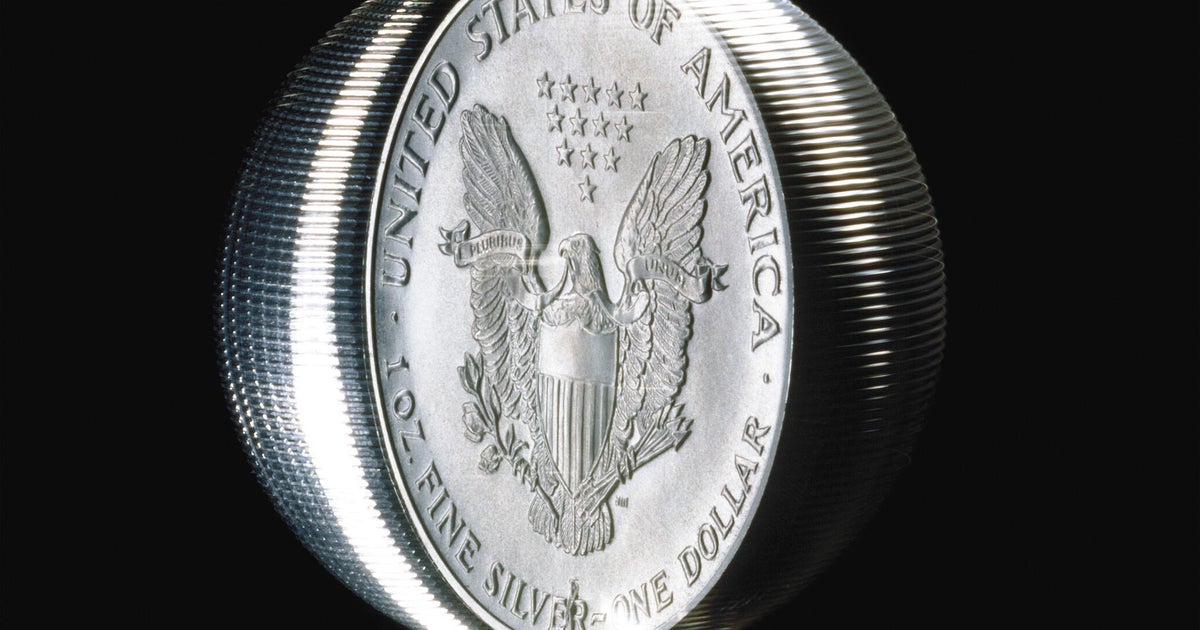Are gold IRAs taxable?
We're living through uncertain economic times. Inflation and interest rates are high and the prospect of relief is unknown. Financial stability feels more important than ever. That's why many investors have turned to gold to diversify their portfolios and protect their money against inflation. Fortunately, there are many top gold IRA companies that can help.
That said, as with any investment, it's important to know how gold is taxed to maximize your investment dollars. This depends on the type of gold investment you hold. Physical gold, for instance, is considered a collectible by the IRS and taxed at a rate of up to 28%. Gold stocks, ETFs and futures are taxed differently.
Below, we'll break down how gold IRAs are taxed and how to consider that when evaluating your gold IRA options.
Start exploring your gold IRA options by requesting a free information kit here.
Are gold IRAs taxable?
Gold IRAs work just like regular IRAs. They allow you to save money for retirement while enjoying certain tax benefits. They also carry certain tax obligations. There are three types of gold IRAs, each taxed it's own way:
Traditional gold IRAs
- Traditional gold IRAs are funded with pre-tax dollars. In other words, you don't pay taxes on the money when you contribute it.
- Contributions are tax-deductible, which reduces your taxable income for the year in which you contribute.
- You pay taxes on any money you withdraw from a traditional IRA at the time you withdraw it. It is taxed at your income tax rate at the time of withdrawal.
- If you withdraw traditional gold IRA funds before age 59 ½, you'll incur taxes and a 10% penalty.
Learn more about gold IRA investments here.
Roth gold IRAs
- Roth gold IRAs are funded with after-tax dollars. You pay taxes on the money when you contribute it. It is taxed at your income tax rate at the time of withdrawal.
- Contributions are not tax-deductible.
- You do not pay taxes on withdrawals.
- You can withdraw funds from a Roth gold IRA at any time without taxes or penalties.
Simplified Employee Pension (SEP) gold IRAs
SEP gold IRAs are available to small-business owners and freelancers and work the same as traditional gold IRAs. Contributions are made pre-tax and are tax-deductible, and withdrawals are taxed. The difference is that contribution limits for SEP gold IRAs are significantly higher than those for traditional or Roth gold IRAs.
For both traditional and Roth gold IRAs, you may contribute $6,500 for the tax year 2023 (or $7,500 if you're 50 or older). For SEP gold IRAs, you may contribute up to 25% of your self-employed income or $66,000 (whichever is higher).
Choosing a gold IRA
Tax-wise, which type of gold IRA is right for you depends on what your financial circumstances are now and how you expect them to look when you retire.
If you believe your retirement income will be lower than your current income, a traditional IRA gold could save you on taxes. Since the funds are taxed when you withdraw them, they'll be taxed at a lower rate than they would be when you contributed them.
If you believe your retirement income will be higher than your current income, a Roth gold IRA could save you on taxes. Since the funds are taxed when you contribute them, they'll be taxed at a lower rate than they would be when you withdraw them.
A SEP IRA may be your best bet if you're self-employed due to its considerably higher contribution limits. That said, since SEP IRAs work the same as traditional IRAs, make sure you won't be leaving any money on the table by forgoing the tax benefits of a Roth IRA.
The bottom line
Whichever type of gold IRA you open, you'll enjoy tax benefits not available with other kinds of gold investments. Depending on the type of gold IRA and your income tax rate (either now or in retirement), you may be able to enjoy a lower tax rate than physical gold's 28% max rate. As with any investment, contact a tax professional or financial advisor for customized advice on what would work best for you.




